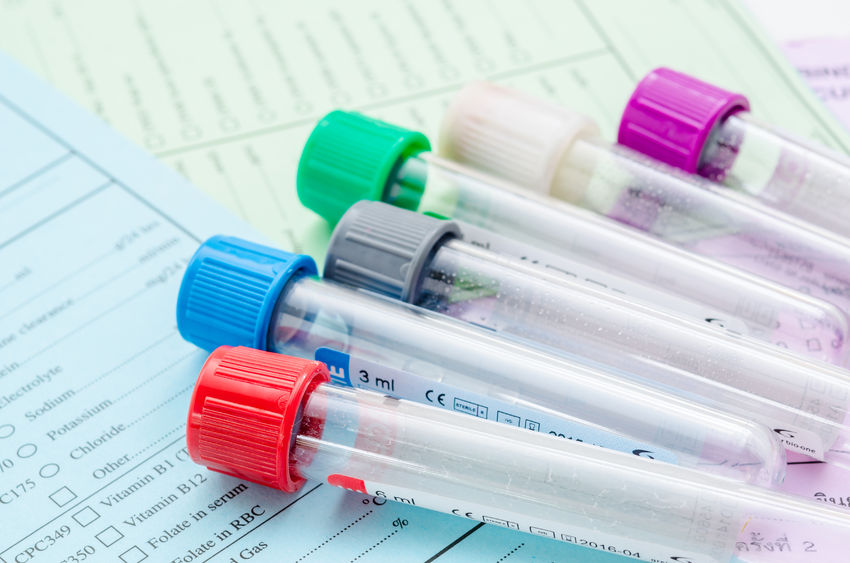
Culture and Sensitivity Tissue
Also known as Culture And Sensitivity Aerobic TissueWhat is this test?
Tissue culture and sensitivity is a technique predominantly used to test the sensitivity of the aerobic bacteria, which can infect tissues of any organ in the body. This test is done on both males and females to find out whether the specific organ is infected by a bacteria or not.
What are Tissues, Bacteria, Aerobic Bacteria, and their types?
A tissue is nothing but a group of cells together and functions for an organ. So, an organ consists of different types of tissues.
Bacteria are the single-celled micro-organisms that can live within the soil, in the ocean and also inside the human gut. They have a number of shapes such as spirals, rods, and spheres etc. Some bacteria can cause illness to the human body and some other plays a major role in the overall functioning of our ecosystem.
Aerobic bacteria are the bacteria which can survive in the presence of oxygen only. In the absence of oxygen, aerobic bacteria cannot survive and can die. Some of the aerobic bacteria are Mycobacterium tuberculosis, Nocardia, Staphylococcus aureus, Enterococcus faecalis etc.
Why this test is performed?
This test is performed to check if an individual specific organ is infected by an aerobic bacteria or not. This test may be recommended to you by a physician if you experience symptoms such as pain that is worse than expected, fever, nausea, diarrhea, weakness, dizziness, lack of energy, etc.
This test also helps the doctors to plan the treatment according to the type of bacteria, that infects the tissue of the organ. The test is also performed to check the effectiveness of the treatment.
Also known as C/S Aerobic Tissue.
Test Preparation
Inform your doctor if you are on any medications, have any allergies or underlying medical conditions before your Culture and Sensitivity Tissue. Your doctor will give specific instructions depending on your condition on how to prepare for Culture and Sensitivity Tissue.
No specific preparation is necessary for this test.
Understanding your test results
The test results may vary depending on age, health history, medical condition, etc.
If your test results are negative, then it may indicate that there are no signs of growth of aerobic bacteria.
If your test results are positive, then it may indicate there is a chance for growth of aerobic bacteria, which means that the tissue has been infected by an aerobic bacteria.
If abnormal test results were seen, consult your doctor immediately with your lab test reports.
| Gender | Age groups | Value |
| UNISEX | All age groups | The growth depends on the infecting organism. Clearing around the disc indicates organism is sensitive to antibiotic |

